As the world marks the 87th anniversary of Kristallnacht, survivors of the Nazi pogrom that devastated Jewish life in Germany and Austria are warning of a dangerous resurgence of antisemitism. Among them is Walter Bingham, who was 14 years old when Nazi mobs looted Jewish businesses and torched synagogues during the Night of Broken Glass, an event that foreshadowed the Holocaust and the murder of 6 million European Jews. Now 101, Bingham reflects on that night as antisemitic attacks surge globally amid the ongoing Israel-Hamas war.
The attacks of November 9, 1938, marked a turning point in Nazi persecution, which would eventually lead to the murder of 6 million European Jews. During the pogrom, at least 91 people were killed, 7,500 Jewish-owned businesses were vandalised, and more than 1,400 synagogues were set ablaze, according to Israel’s Yad Vashem. Around 30,000 Jewish men were arrested, many sent to concentration camps such as Dachau and Buchenwald, where hundreds died or took their own lives.
Speaking in Jerusalem’s Great Synagogue, Bingham recalled walking to school in Mannheim, south of Frankfurt, the morning after the riots. The synagogue where he studied lay in ruins, still smouldering as firefighters stood by.
“We live in an era equivalent to 1938, where synagogues are burned, and people in the street are attacked,” he said. Months later, he was sent to England on the Kindertransport, part of a British rescue effort that saved nearly 10,000 children from Nazi-occupied Europe. His father perished in the Warsaw Ghetto, and he never saw his mother again.
Bingham believes education remains essential in confronting intolerance. “Antisemitism, I don’t think, will ever fully disappear because it’s the panacea for all ills of the world,” he said.
Impact Shorts
More ShortsPassing on lessons to younger generations
George Shefi, now 94, has shared his experiences with more than 12,000 students in Germany and beyond. As a child in Berlin, he remembered benches marked for Jews and the chaos of Kristallnacht, when he was confined indoors for three days. When he finally stepped outside, he saw frightened shopkeepers clearing debris as crowds jeered. Soon after, he, too, escaped to England on a Kindertransport. His mother was later murdered in Auschwitz concentration camp.
Shefi tells young Germans they are not responsible for their ancestors’ crimes, but they are responsible for ensuring it never happens again. He reminds them that the Holocaust followed years of indoctrination under the Nuremberg Laws, warning that such hatred can be stopped only if recognised early.
Paul Alexander, now 87, was less than a year old during Kristallnacht. Weeks later, his parents sent him to England on a Kindertransport. “It was because of Kristallnacht that the Jewish people in England decided they must save Jews and get them out as quickly as possible,” he said. “I was lucky and fortunate to escape from Nazi Germany.”
Today, antisemitic incidents are again on the rise. Reports from Tel Aviv University show a sharp increase in attacks since the Gaza conflict, though figures have slightly declined since the spike following the October 7, 2023, Hamas assault. Bingham warns that the atmosphere reminds him of the 1930s, but this time Jews have a nation to defend them. “In those days, the Jewish mentality was apologetic. Today, we have the state of Israel, a very strong state,” he said.
Having served in the British military and later as a journalist, Bingham remains active, holding the Guinness World Record as the world’s oldest working journalist.
Of the estimated 200,000 remaining Holocaust survivors, around 70% are expected to pass away within the next decade, making their testimony vital.
“What we have to do, in addition to education, is to actually, literally, fight,” Bingham said. “If we see it, we have to hit back.”


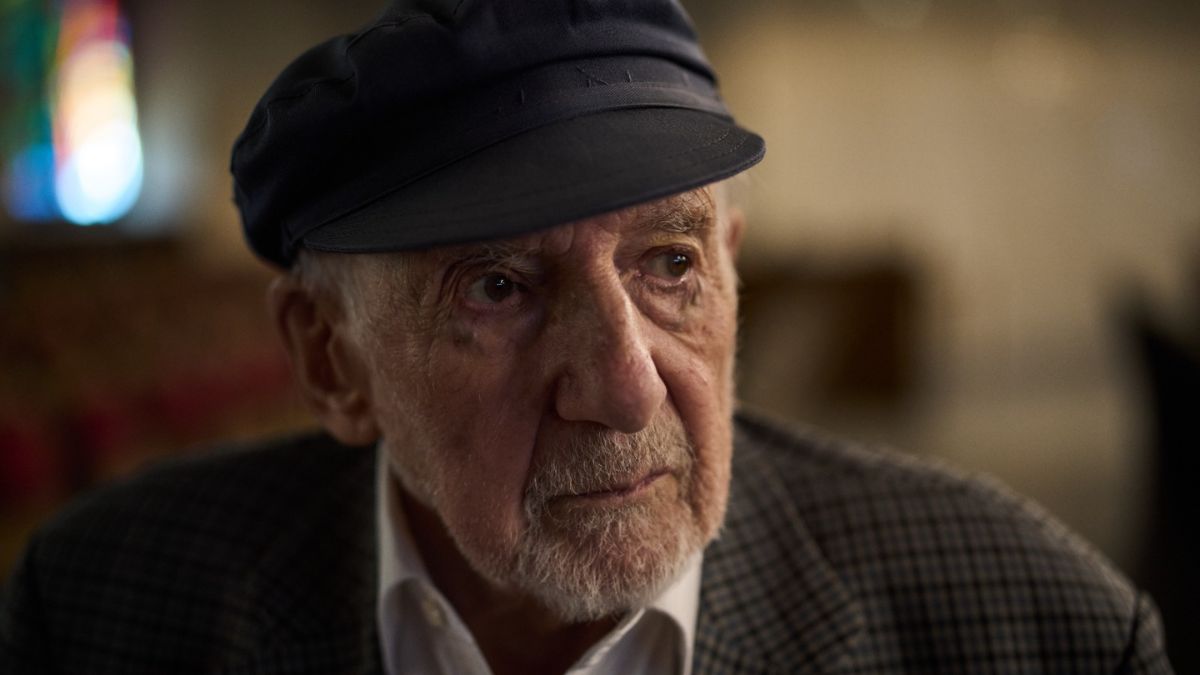)

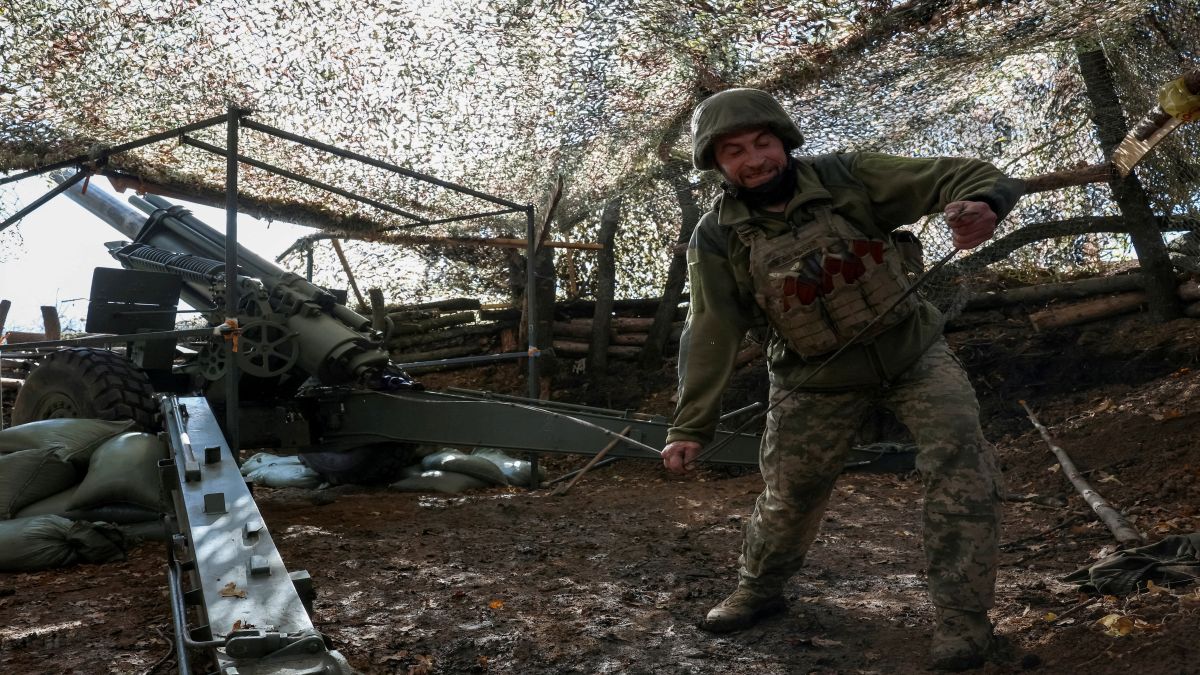)
)
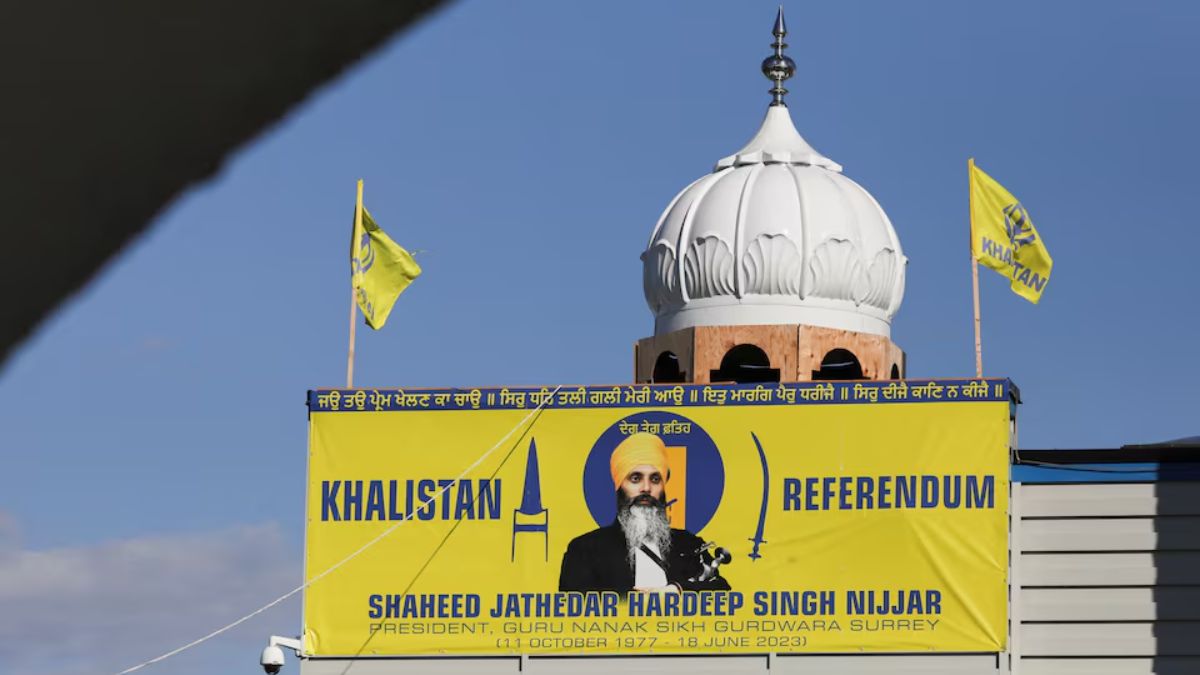)
)
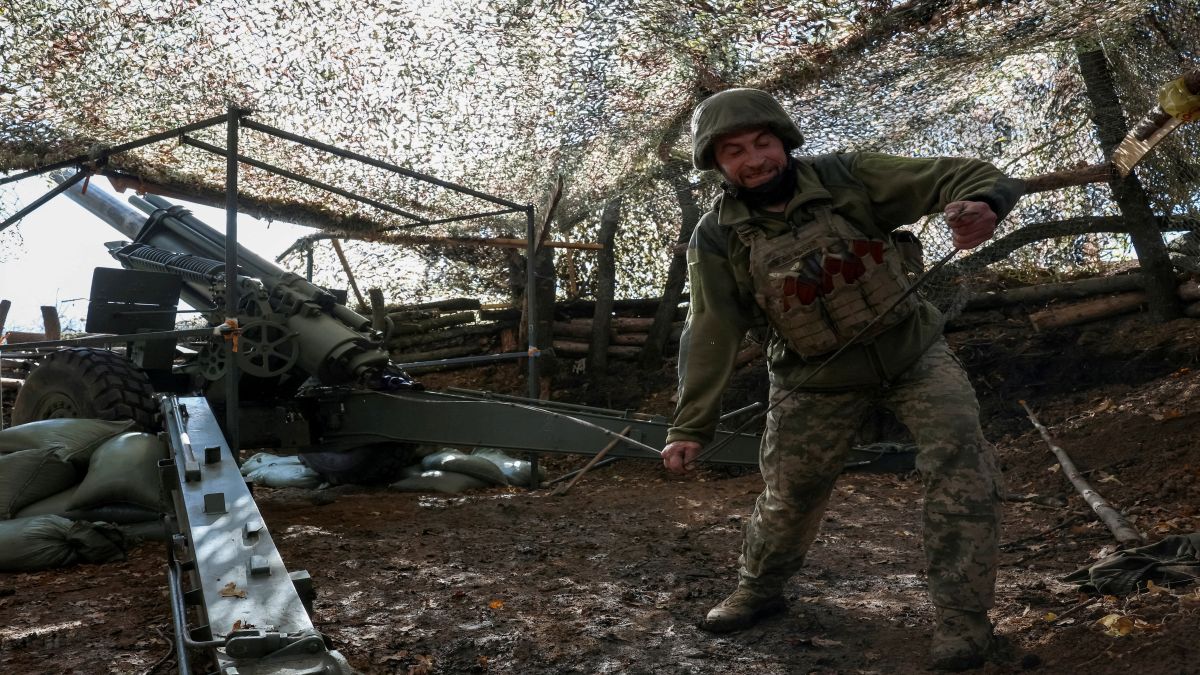)
)
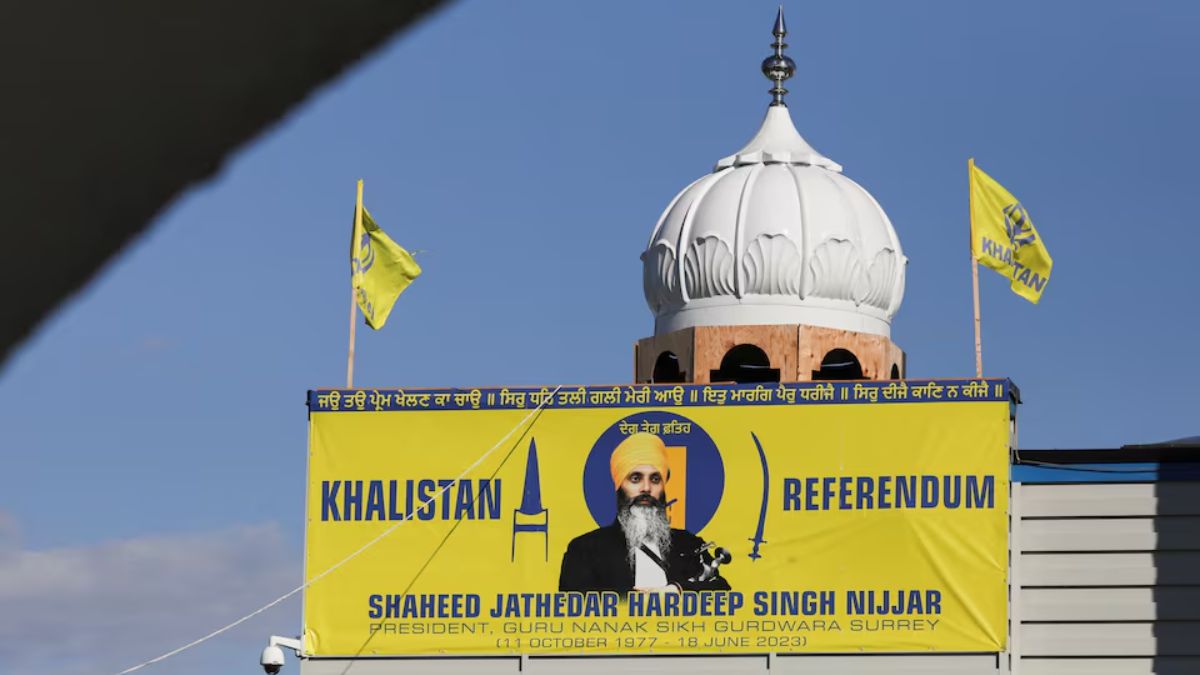)
)



